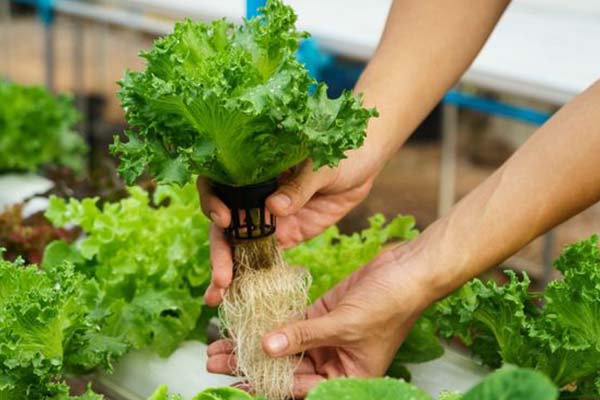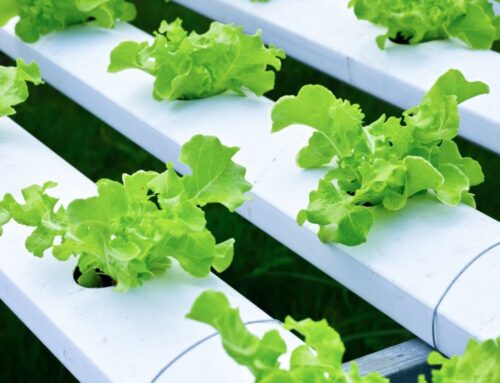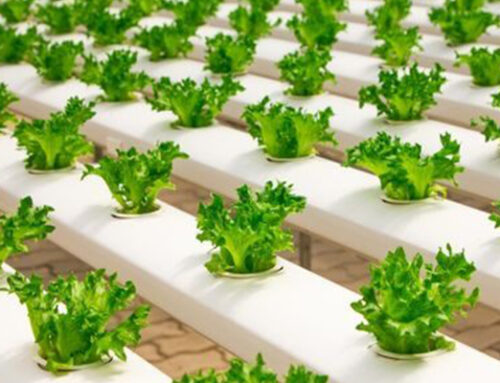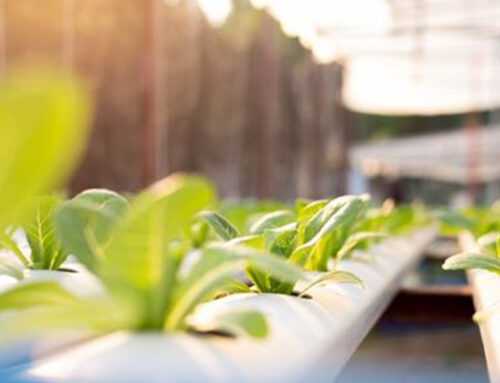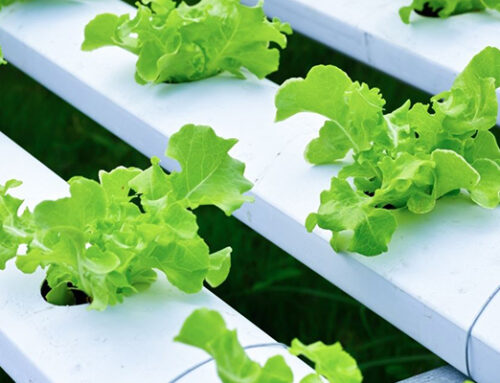Hydroponics is an interesting hobby for those with a keen interest in plants. It started as a way to study plants growing in an artificial medium instead of in the soil during the late 1920s. Today, hydroponics in Virginia Beach has become a popular gardening technique. It’s not only the interesting technique that catches modern-day gardeners’ attention, but it also offers many benefits over traditional gardening. Among the list: water conservation, high growth yield, less labor, and space optimization are the most prominent.
However, like two sides of the same coin, while there are pros, you can’t overlook the cons. Grow Depot, your local experts in hydroponics, will guide you on these lesser-known hurdles of this technique that demand your attention. We’ll show you how to overcome them when you opt for your own hydroponic setup.
Unveiling the Lesser-Known Disadvantages of Hydroponics in Virginia Beach
Disadvantage 1: Monitoring and Maintenance
In hydroponics, diligent monitoring and regular maintenance ensure optimal plant growth. Unlike traditional soil-based gardening, where nature takes care of many factors, hydroponics demands a more hands-on approach. By actively observing your hydroponic system, you can promptly detect and address issues, preventing potential setbacks.
To streamline monitoring and simplify maintenance, consider employing these practical tips:
- Monitor pH levels and nutrient concentrations using reliable tools like pH and EC meters.
- Ensure proper water levels and oxygenation, and prevent algae or pest buildup.
- Implement a routine inspection schedule to spot signs of distress or deviations in plant health.
Developing a closer connection with your plants through attentive care brings rewards beyond just technical benefits. Observing their growth, detecting subtle changes, and making necessary adjustments cultivate a deeper understanding of their needs.
Disadvantage 2: Vulnerability to System Failures | Hydroponics In Virginia Beach
While hydroponics in Virginia Beach offers numerous benefits, system failures can significantly impact plant health. Power outages or pump malfunctions can disrupt the delicate balance of your hydroponic setup, jeopardizing the well-being of your plants.
Mitigate these risks with the following strategies:
- Invest in battery backup systems to ensure a continuous power supply during outages.
- Install backup pumps to maintain nutrient circulation in case of primary pump failure.
- Implement redundancy measures such as a secondary hydroponic system or separate reservoir for emergencies.
By planning for contingencies, you can minimize the impact of system failures. Although it might cost you more upfront, it will reduce the need for regular monitoring and make the system more automated.
Disadvantage 3: Limited Crop Selection
Although hydroponics offers versatility, some plants with extensive root systems or high nutrient demands present challenges. However, innovative techniques and customized nutrient formulations help to overcome these limitations.
Explore the following solutions:
- Vertical Systems: Utilize stacked layers or towers to maximize space vertically, accommodating plants with larger root systems.
- Aeroponic Systems: Suspend plant roots in the air, nourishing them through a fine mist and expanding the range of crops you can grow.
Additionally, tailor nutrient formulations to meet specific plant requirements. Conduct thorough research on the nutrient needs of different crops and adjust concentrations accordingly. Also, consider consulting your hydroponic setup provider for plants you’re particularly interested in growing.
How Can You Start Hydroponics in Virginia Beach?
Now that you know more about hydroponic gardening, there’s no better time than the present to build your setup. That’s where the experts of Grow Depot can help! We are a veteran-owned company specializing in hydroponics. We provide all the requirements and insight to help you take your first step into the interesting world of hydroponics, from lighting requirements to nutrient needs.
Call us at 757-937-1504, and let us know what you need.

